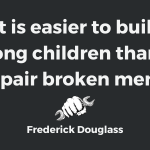
Research has shown that students’ learning extends far beyond the classroom. With the relational fabric between our schools and our communities frayed for so long, students of color have historically been most impacted by the disconnect between teachers and their families. The Academy for EDvancement’s 4-session course on family and community engagement focuses on rebuilding, repairing, and restoring that fabric.
Traditionally, students enter a classroom with a (likely) white teacher whose task is to mold students without regard for the outside influences that they bring into the classroom. Those are considered distractions from the classroom/school realm where the teacher “knows best.”
A unique aspect of our STEMbyTAF approach to project-based learning is that it places a heavy emphasis on community involvement throughout the learning cycle. We consider it anti-racist work to treat all families as respected partners in educating students. Further, we encourage classrooms that embrace the diverse experiences students bring into a classroom. This effort helps to counter racist assumptions about which families care about education and which external influences must be shut out.
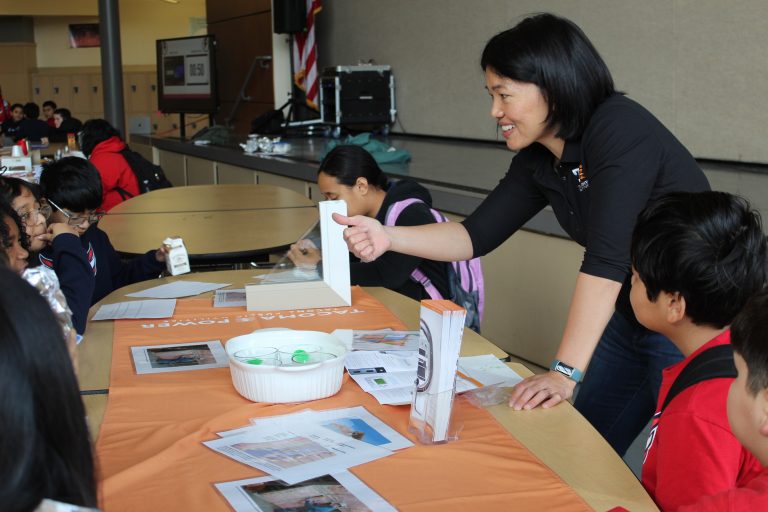
Our course starts by helping teachers to reimagine their relationship with student families and communities.
For families, this is about expanding the relationship beyond newsletters, parent-teacher conferences, and volunteer opportunities. And it’s making community more than a place to visit on field trips. These relationships can do much more for everyone involved when they are collaborative rather than transactional.
Because family and community engagement can be an overwhelming issue to tackle, the course provides concrete steps. An initial one in building community relationships is to have teachers think of one partner to involve during one section of a unit. That one connection with a community expert helps make learning local and real for students. From there, they can expand to longer-term commitments from more community partners.
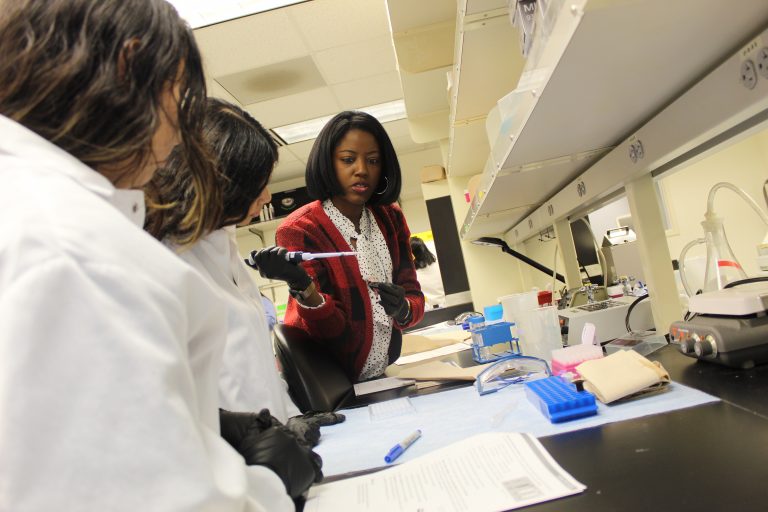
Changing the teacher-parent dynamic involves prioritizing listening to what families care about rather than just contact about student behavior. This asks teachers to ask every family 1) What are your dreams? & 2) What do you do for a living? Then, more regular and accessible communication can happen between receptive families and teachers.
Lorna Gilmour, the Equity and Family Partnerships Specialist of Issaquah School District, took the course and says that in addition to specific, actionable learning “a critical and successful part of the trainings was the time and guidance for teachers to work on family engagement lessons in their classroom.” Teachers could begin to “reflect and apply learning” during the course.
She plans to use the tips and strategies of the course in her work with teachers.
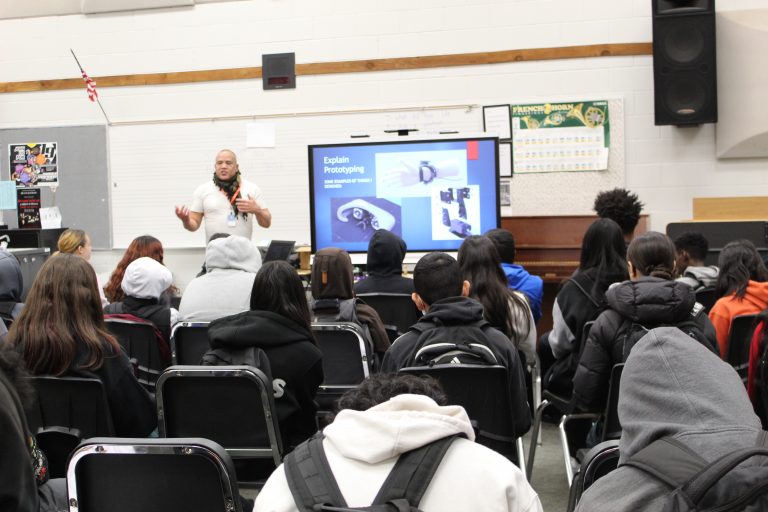
TAF’s Academy for EDvancement has also been doing work in California with Moreland School District. TAF’s family engagement work there started with a 4-part video series for teachers across California in partnership with Learning Heroes.
Moreland asked how they could take their work forward because they knew about TAF’s background doing this work. Superintendent Clover Codd is from Seattle and saw TAF’s work at Washington Middle School firsthand. So, this school year, our Academy for EDvancement has been taking monthly trips to Moreland to give their leadership team a deep dive into family engagement.
A major focus there is getting teachers and families on the same page about student achievement. Learning Heroes research shows that a huge gap exists between family perception and the reality of classroom performance.
Their 2023 Gallup poll discovered that:
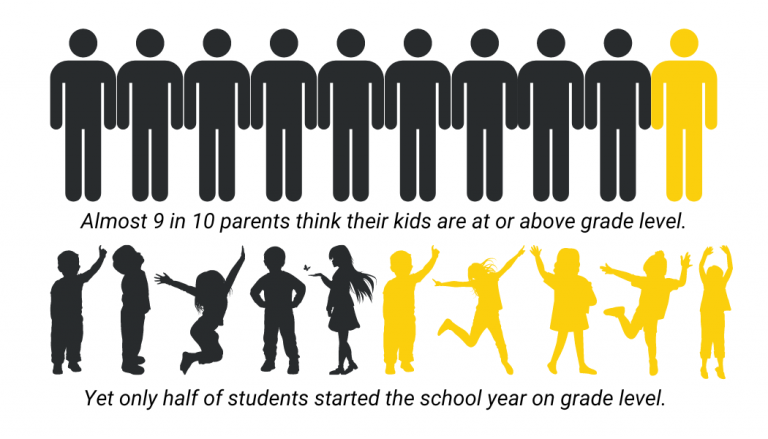
To close the gap, TAF’s instruction helps teachers learn how to more clearly communicate with families and how to listen to them as experts on their children. When that happens, families have a more realistic view and can better partner with teachers to support students both inside the classroom and at home.
Moreland’s administration is learning these skills now to introduce them to their teachers next school year in continued partnership with TAF. It is a partnership that we hope will eventually lead to school transformations in California.
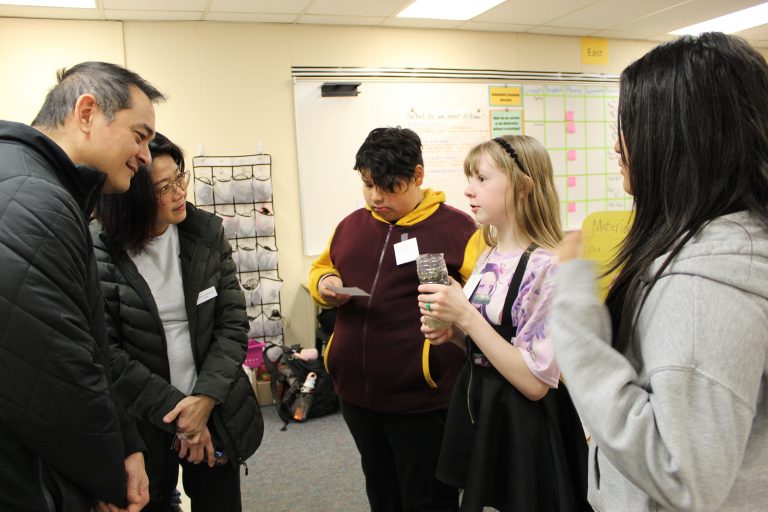
The work that the Academy for EDvancement is doing in Washington and California helps ensure that families and communities become valued partners in educating students. Classrooms that invite families and community in begin to build an equitable foundation where students are supported, and lessons are relevant.
Interested in improving family and community engagement in your classroom? Learn about upcoming courses and how to stay updated here.

